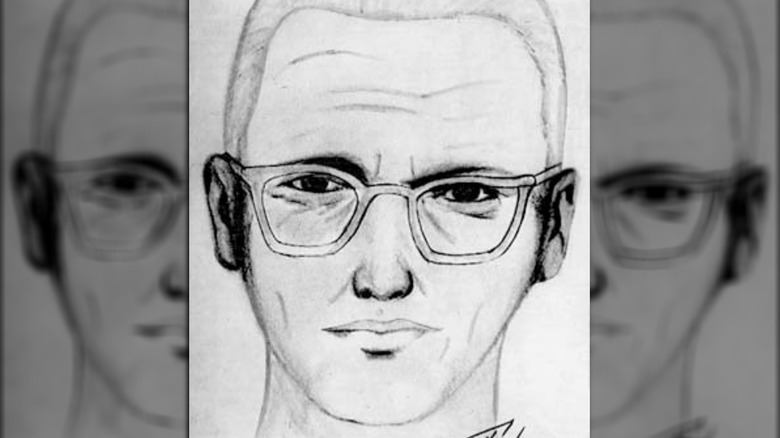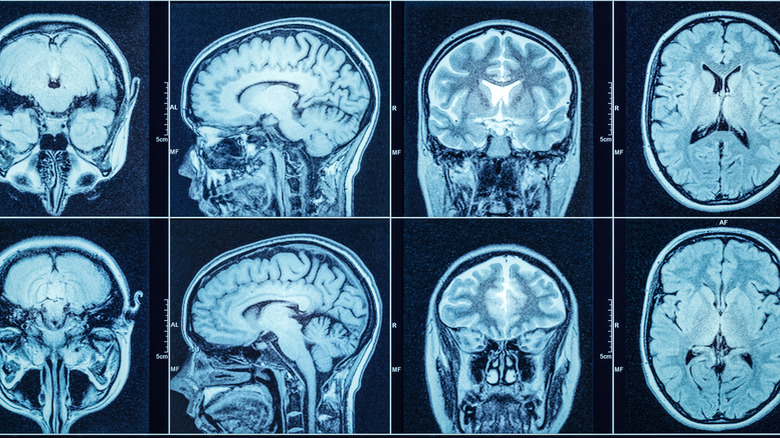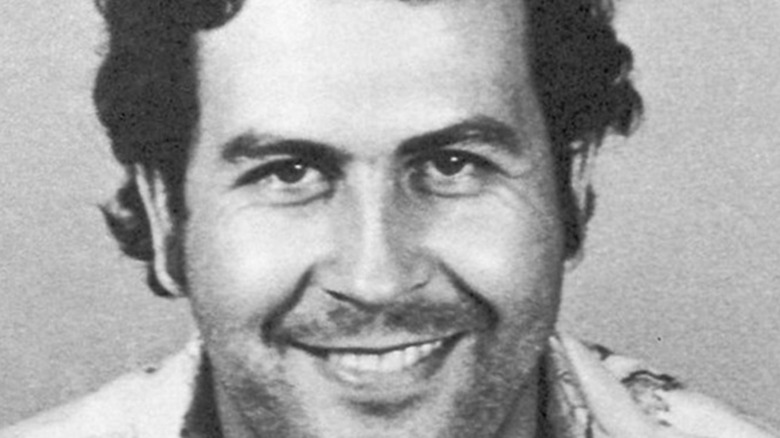
What Would Happen If Your Brain Was Split In Half
The capacity for the human brain to survive immense trauma is an astounding aspect of our biology. 18th-century rail worker Phineas Gage was immortalized in medical history for surviving twelve years after a 13-pound rail spike was accidentally driven through his skull and brain. There are many recorded cases of individuals surviving typically fatal wounds such as gunshots to the head. Of those who do make it, many are left impaired in some way while others manage to carry on as though nothing had happened.
Those who have received radical treatments for epilepsy such as the severing of their corpus callosum (the link between the brain’s hemispheres) or even removal of one hemisphere, manage to similarly live with only minor difficulties (via WebMD). The former is where strange syndromes can materialize, however. As each half of the brain has a greater specialty than the other for certain tasks (though neither completely monopolizes processes as once thought), disconnecting them can leave the now independent organs to perceive the world very differently (via NPR).
A split brain gives a person two different perceptions of the world
Experiments with “split-brain” patients have uncovered the surprising effects that the procedure can have on their perception. As the right and left eyes were feeding information to the other side’s hemisphere as normal, but in this case, neither hemisphere could communicate what they were seeing to the other, each side gave different responses to stimuli when one eye was closed (via Nature.com). For instance, the left half could recognize the person in a picture presented to their right eye, while the right side couldn’t. Per Gizmodo, this led to extreme cases of literal internal conflict, with each half having different feelings on the patient’s occupation, childhood bullies, and even treatment of their spouse.
This latter example relates to a case where one side of a patient’s brain attempted to hit his wife while the other tried to stop the attack. An extreme scenario to be sure, but even relatively minor tasks could leave them at odds, as one half may attempt to close a book that the other is reading. Contrary to popular assumption, this does not leave the patient with their original self and a disconnected “alien” personality. A recent analysis of these studies suggests, both halves are thought to instead be best characterized as different framings of the same original consciousness (via Mind Matters).

The Truth About Jehovah's Witnesses

Why Robert Propst Regrets Inventing The Office Cubicle

In John Mellencamp's Career, One Song Stands Above The Rest

The Surprising Thing The Zodiac Killer Once Sent Police

How George Washington Really Felt About The Boston Tea Party

The Strangest Aphrodisiacs Throughout History

You Wouldn't Want To Be A Human Canvas On Ink Master. Here's Why

Creepy Tales Of Prison Ghosts

The Real Reason Trump Has No Pets In The White House

The Weirdest Dog Breed In The World
























